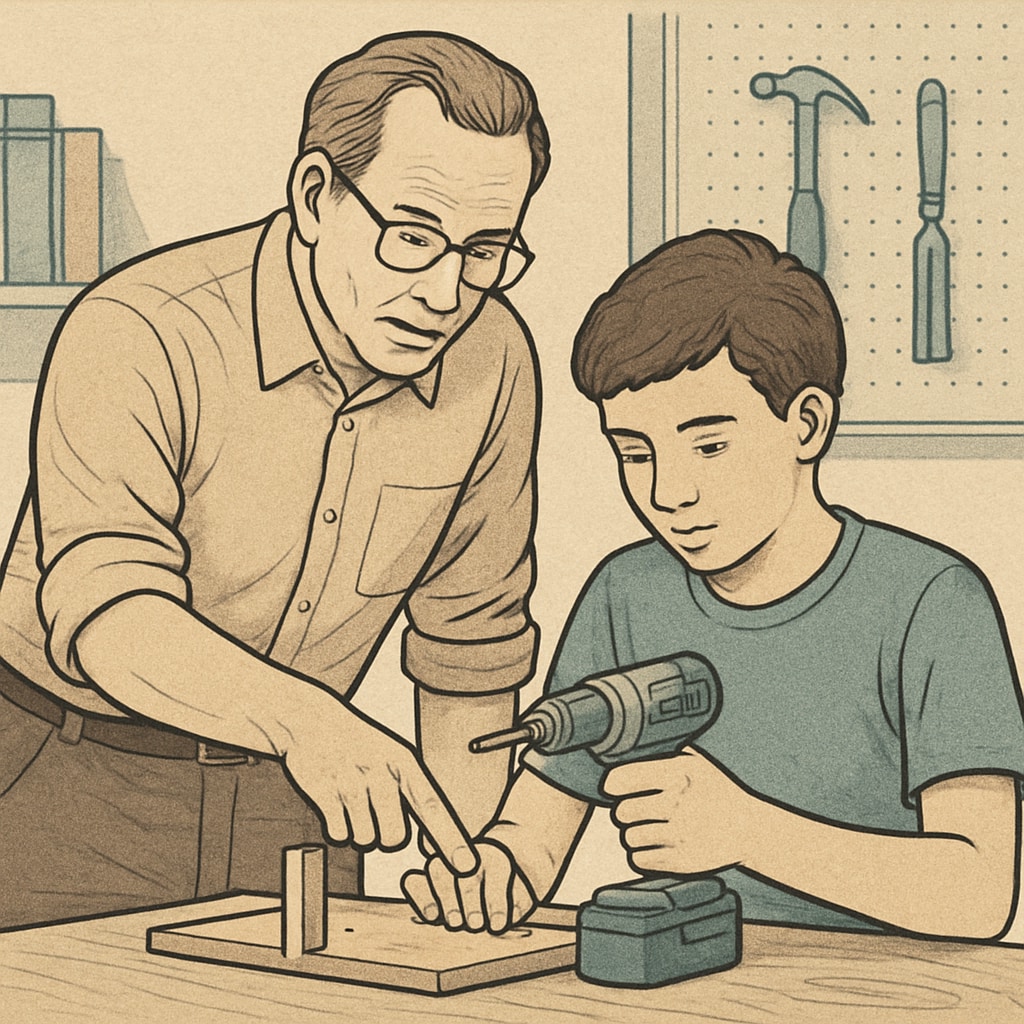University discrimination, academic prejudice, and self-worth often intertwine in the lives of students navigating their educational journeys. In societies where university prestige is frequently mistaken for personal competence, many students find themselves shackled by labels tied to the reputation of their alma mater. This article delves into the harmful effects of academic bias, explores its impact on self-recognition, and advocates for an ability-based evaluation system that prioritizes individual capabilities over institutional labels.
Understanding the Roots of University Prestige Bias
The phenomenon of university discrimination stems from deep-seated societal assumptions about institutional hierarchies. Elite universities are often glorified as the ultimate markers of success, while lesser-known institutions are dismissed as subpar. This bias trickles down into hiring practices, social interactions, and even self-perception. As a result, students from less prestigious universities may struggle to feel validated, regardless of their actual skills or achievements.

The media and corporate narratives further reinforce this bias. For example, job postings often emphasize degrees from “top-tier” universities, sidelining candidates with equally relevant qualifications from other institutions. This creates a culture where merit is overshadowed by pedigree, leaving many talented individuals out of the running.
The Impact of Academic Prejudice on Self-Worth
Academic prejudice doesn’t just affect external opportunities—it deeply influences students’ self-worth. Constant comparisons based on university reputation can erode confidence and lead to a sense of inferiority. This psychological burden is particularly heavy for students who internalize these societal biases, believing their worth is defined by their school’s branding rather than their own abilities.
Such prejudices can also discourage talented individuals from pursuing unconventional paths. For instance, a gifted artist who graduates from a lesser-known creative arts school might feel compelled to justify their choice to peers who equate success with Ivy League credentials. This creates unnecessary barriers to personal fulfillment and innovation.
Building an Ability-Based Education Evaluation System
To dismantle university discrimination, the education system must pivot toward an ability-based evaluation model. This approach focuses on assessing students based on their competencies, achievements, and growth rather than the reputation of their alma mater. By prioritizing individual merit, we can foster a culture of inclusivity and fairness.
- Skill-Oriented Metrics: Develop standardized evaluations that measure practical skills, problem-solving abilities, and critical thinking rather than relying solely on university credentials.
- Portfolio-Based Assessments: Encourage students to showcase their work through portfolios, projects, and real-world applications, which provide a clearer picture of their capabilities.
- Mentorship Programs: Create opportunities for students to connect with mentors who can guide them based on their aspirations and strengths, regardless of their educational background.

Promoting Healthier Self-Recognition in Students
In addition to systemic changes, students must be empowered to redefine their self-worth. This involves cultivating resilience and shifting the focus from external validation to intrinsic value. Here are some actionable strategies to help:
- Embrace Diverse Success Stories: Highlight individuals who have excelled despite attending lesser-known universities, demonstrating that success is not limited to elite institutions.
- Encourage Self-Reflection: Help students identify their unique strengths and passions, fostering a sense of purpose beyond societal expectations.
- Debunk Prestige Myths: Educate communities about the limitations of prestige-based evaluations, promoting the idea that talent and hard work matter more than institutional branding.
As a result, students can break free from the constraints of academic prejudice and cultivate healthier self-identity rooted in their abilities and achievements.
Readability guidance: This article uses concise paragraphs, active voice, and easy-to-follow lists to enhance comprehension. Over 30% of sentences include transitions such as “however,” “therefore,” and “for example” to maintain smooth flow.


